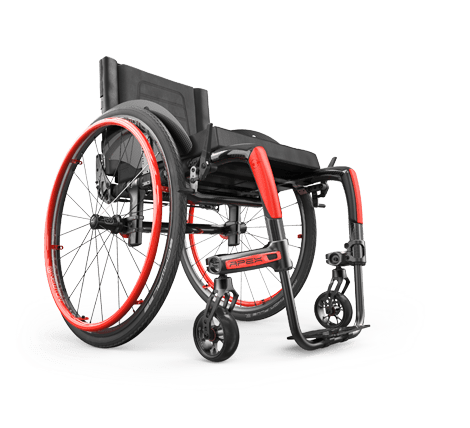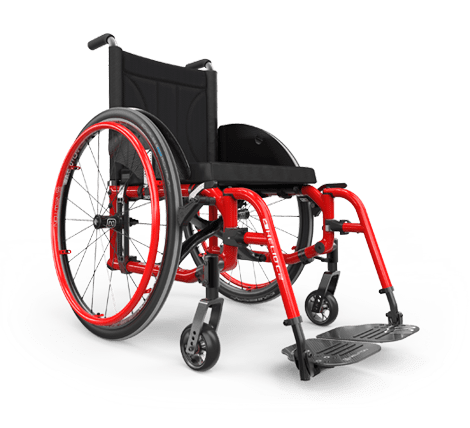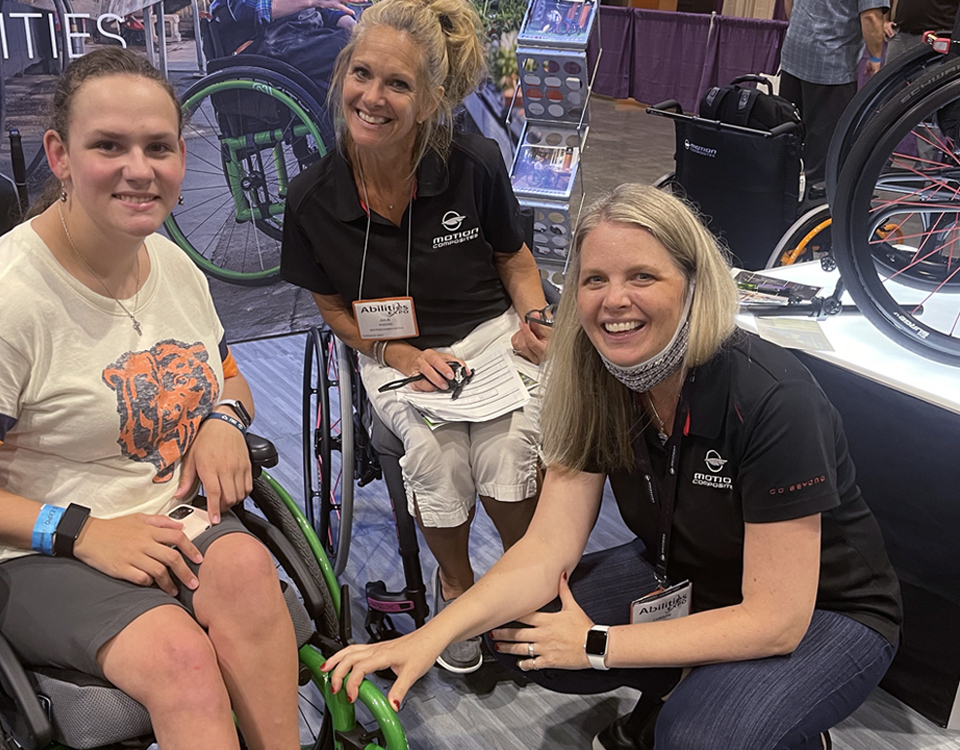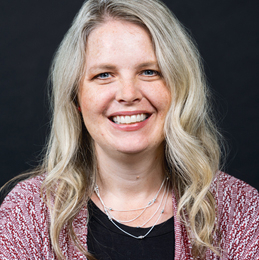ALL people with cerebral palsy (CP) are advocates in their own way. Let’s learn something on this World Cerebral Palsy Day and challenge ourselves to become more aware and more inclusive.
CP is defined as a group of disorders causing impairments in movement, muscle tone, and posture. It is most often caused by damage or an injury to the brain before, during or shortly after birth. Symptoms and presentations vary widely from extremely severe, with total body involvement, to ones so mild they are often not noticeable.
It is considered a non-progressive disorder, but other conditions that often co-exist with cerebral palsy can cause progression of symptoms, especially seizures.
It is NOT contagious. Awareness of what cerebral palsy is can help us recognize differences in those around us, and sometimes push us outside our comfort zones to learn about other people.
Earlier in my career I was involved in a summer camp for children with physical impairments, called, “I Can Camp.” My daughter, who was seven or eight at the time, was helping at the camp, interacting with all the kids, including those in wheelchairs, manual and power. The mother of one of the children during the drop-off spotted a camper using a power wheelchair and a speaking device. The mom pulled me aside to inform me that she did not want her daughter hanging around that other camper as she was afraid “whatever she had” would rub off on her daughter. I was horrified, and frankly told the mom she was not contagious, and ALL the kids would be participating in ALL the activities.
NOT all people with cerebral palsy have cognitive impairments if they are considered “non-verbal” or unable to speak. A huge misconception I have run into over my career is that children and adults with CP who may have difficulty speaking have a cognitive impairment. CP affects muscles and motor function, which can also affect the muscles of the throat, mouth, and face, making it difficult for clear speech. Thankfully, technology is amazing and speech-generating devices are much more common than they were even 10 years ago.
Not all people with cerebral palsy require mobility and positioning devices, but those who do often require more than one due to complex medical needs. THIS is the call to action and advocacy that is needed. Many families struggle with this from early on to know and understand what is best for their loved ones. Clinicians who work in this area should know and provide evidence to families and assist with equipment trials to allow best practice and best outcomes for the client with CP.
Whether it is a power or manual wheelchair, a stander, gait trainer or bathing system, knowing, and understanding what is available is the first step. Reach out to your loved one’s physical or occupational therapist, or physician specialist to help begin the process of ensuring access to what you or your loved ones need.
At Motion Composites, we are blessed to be a part of many of our clients’ journeys with cerebral palsy and will continue to Go Beyond to ensure our products meet and exceed your expectations.







